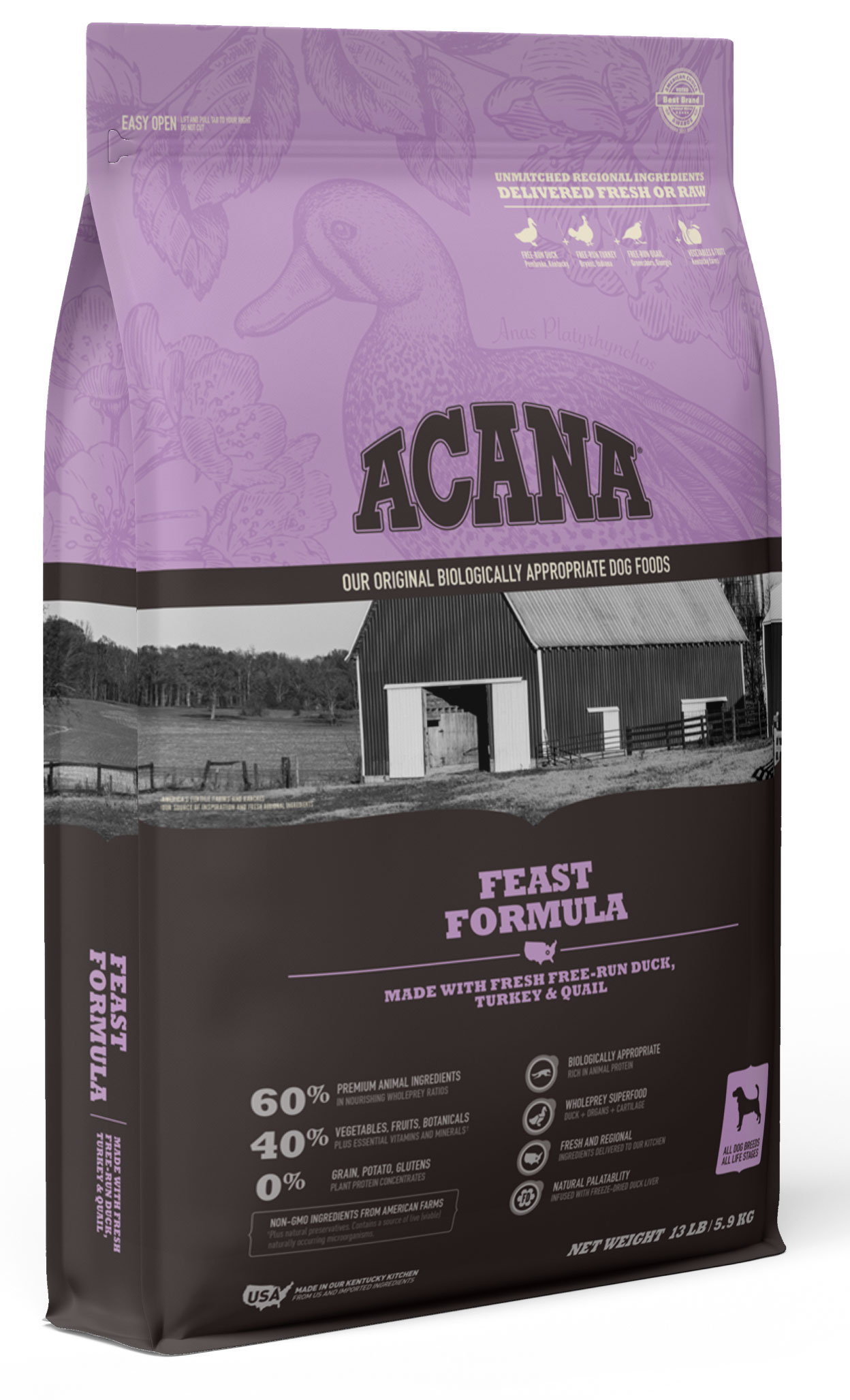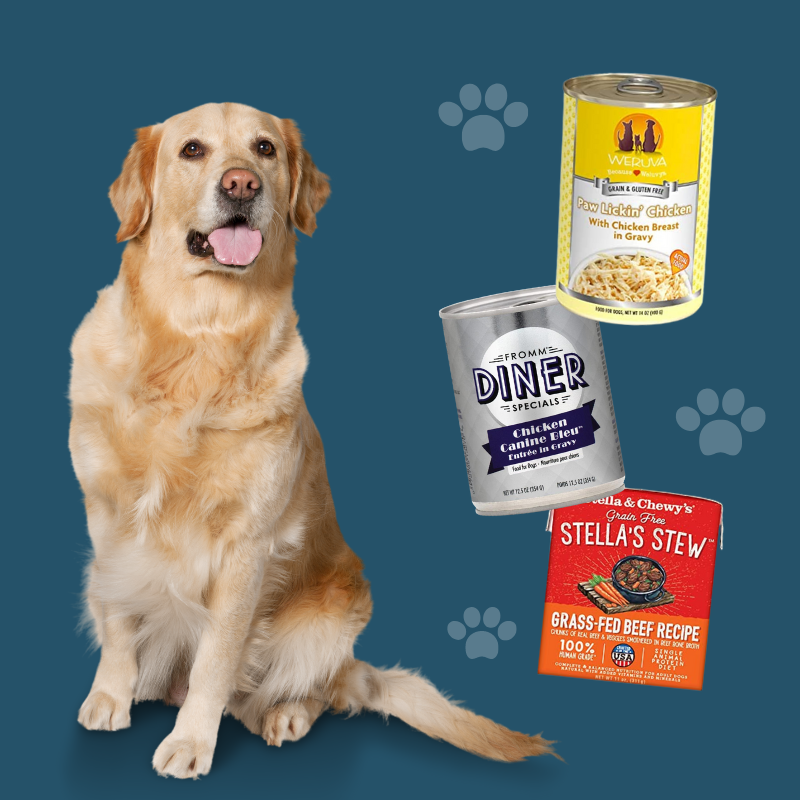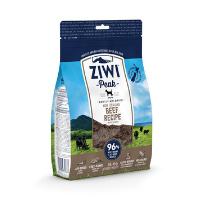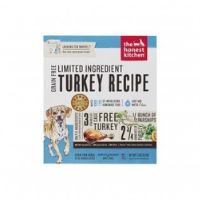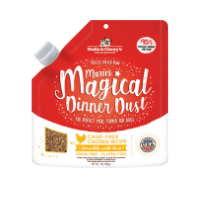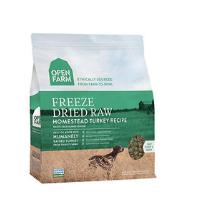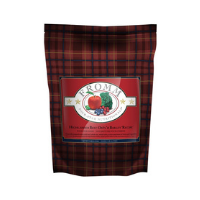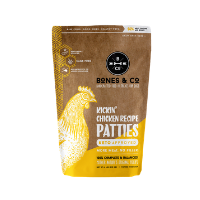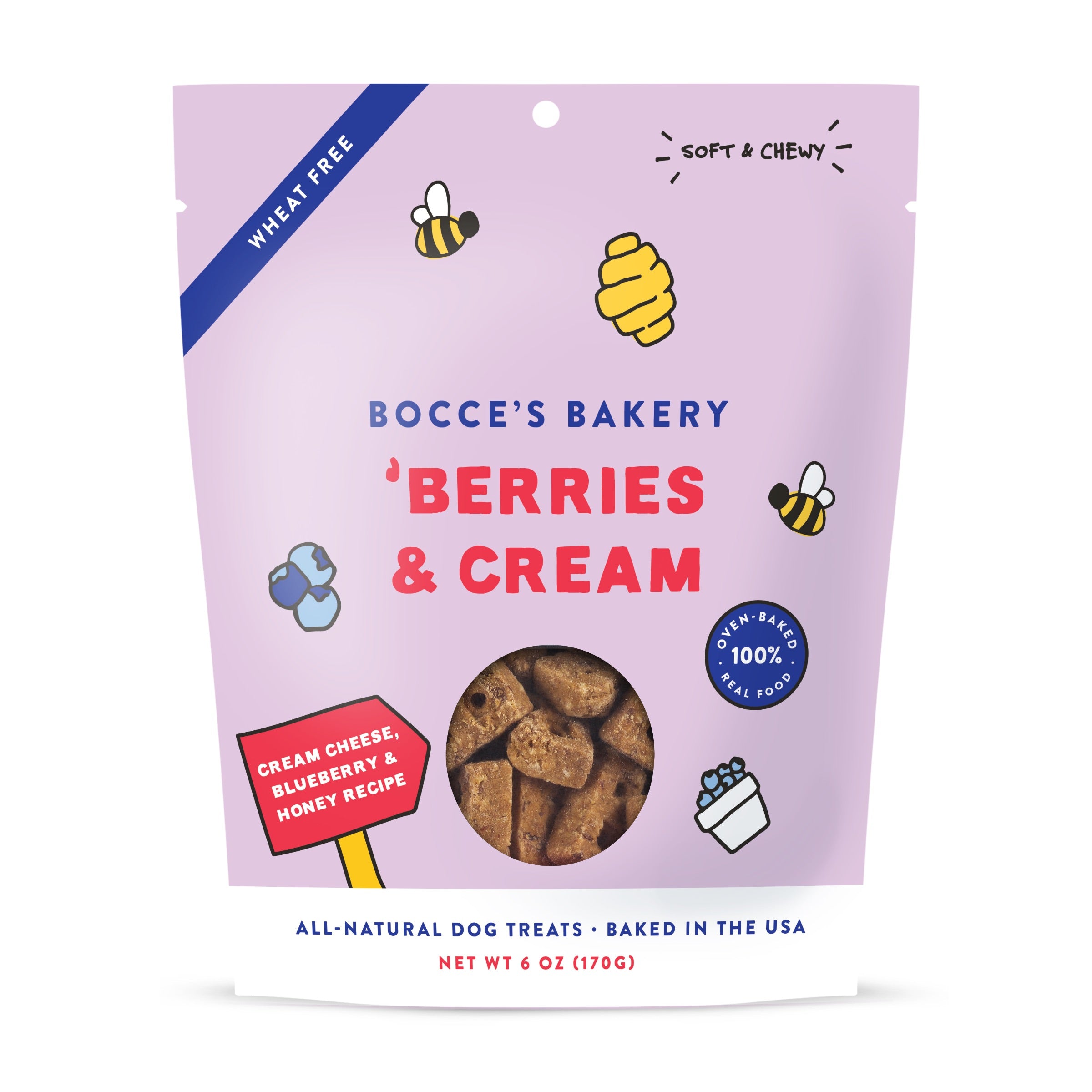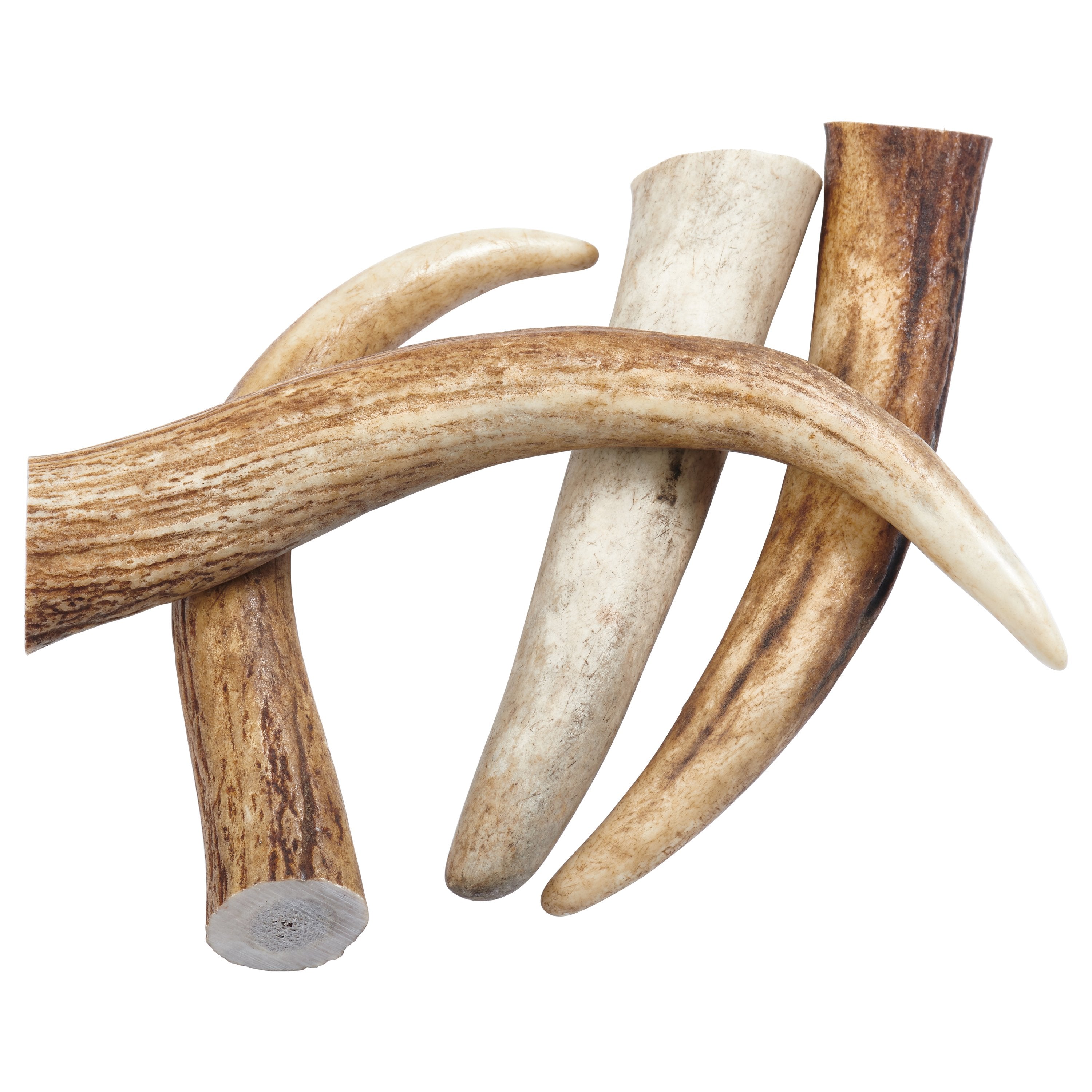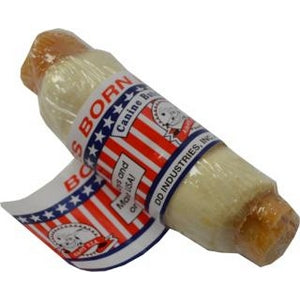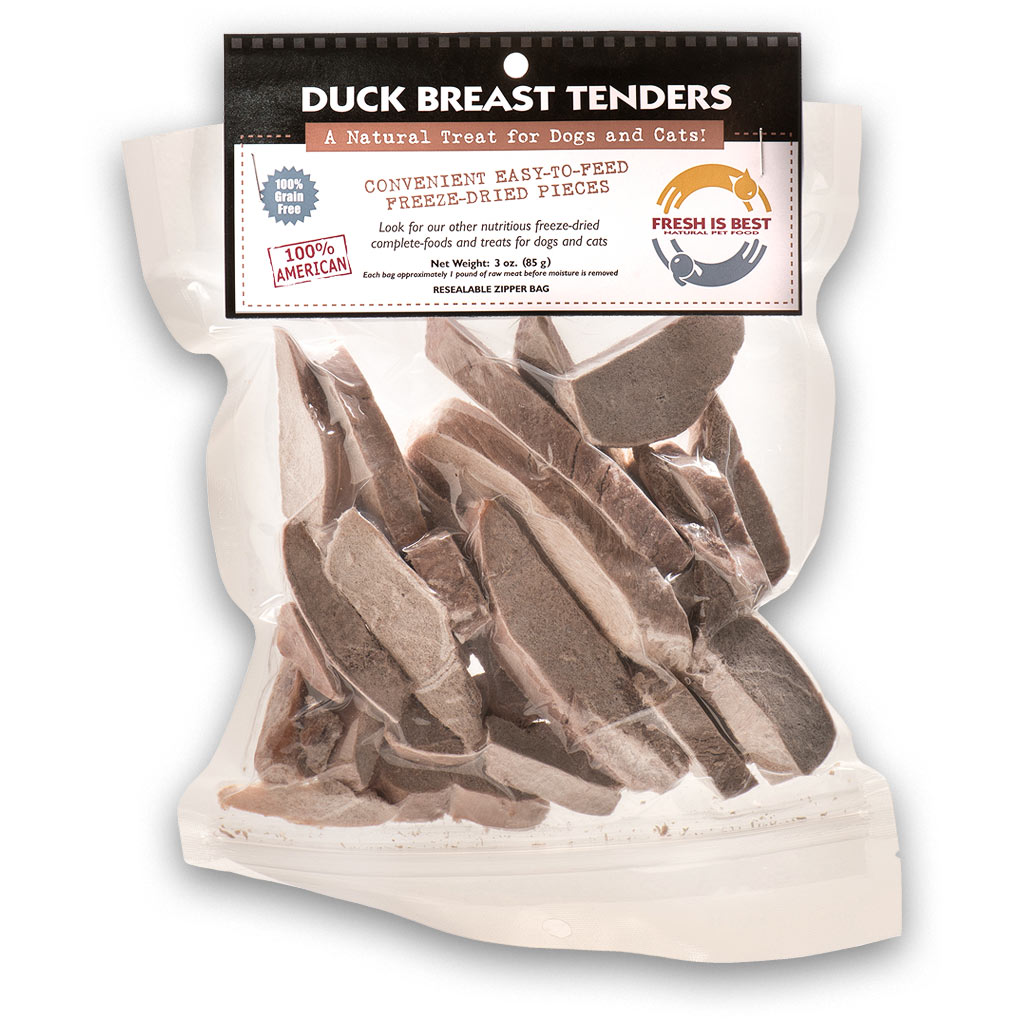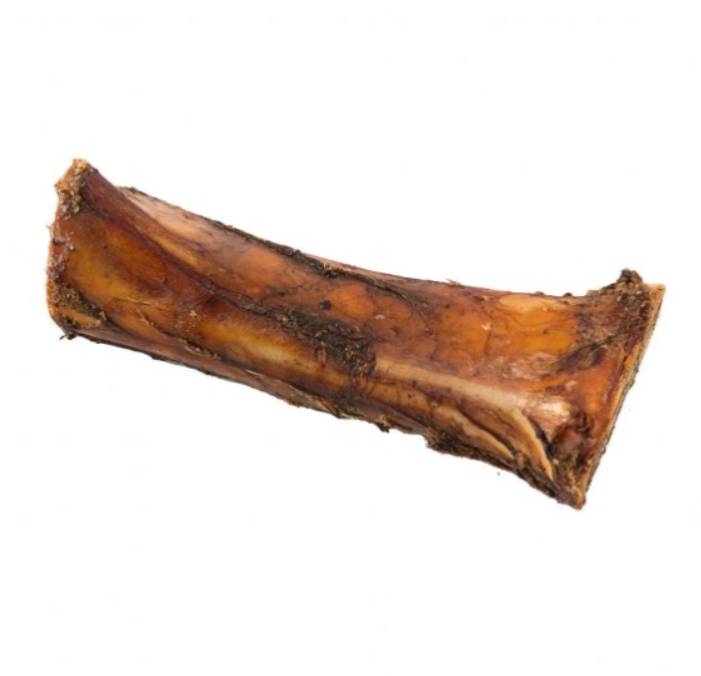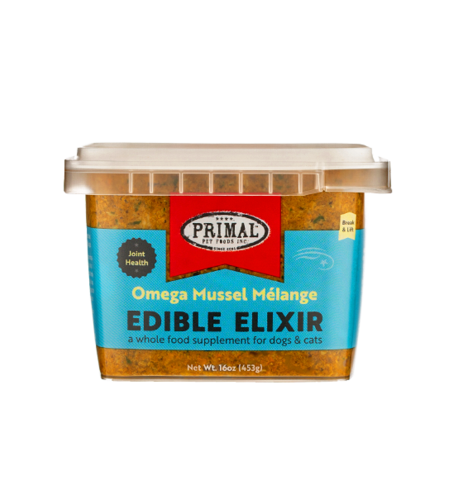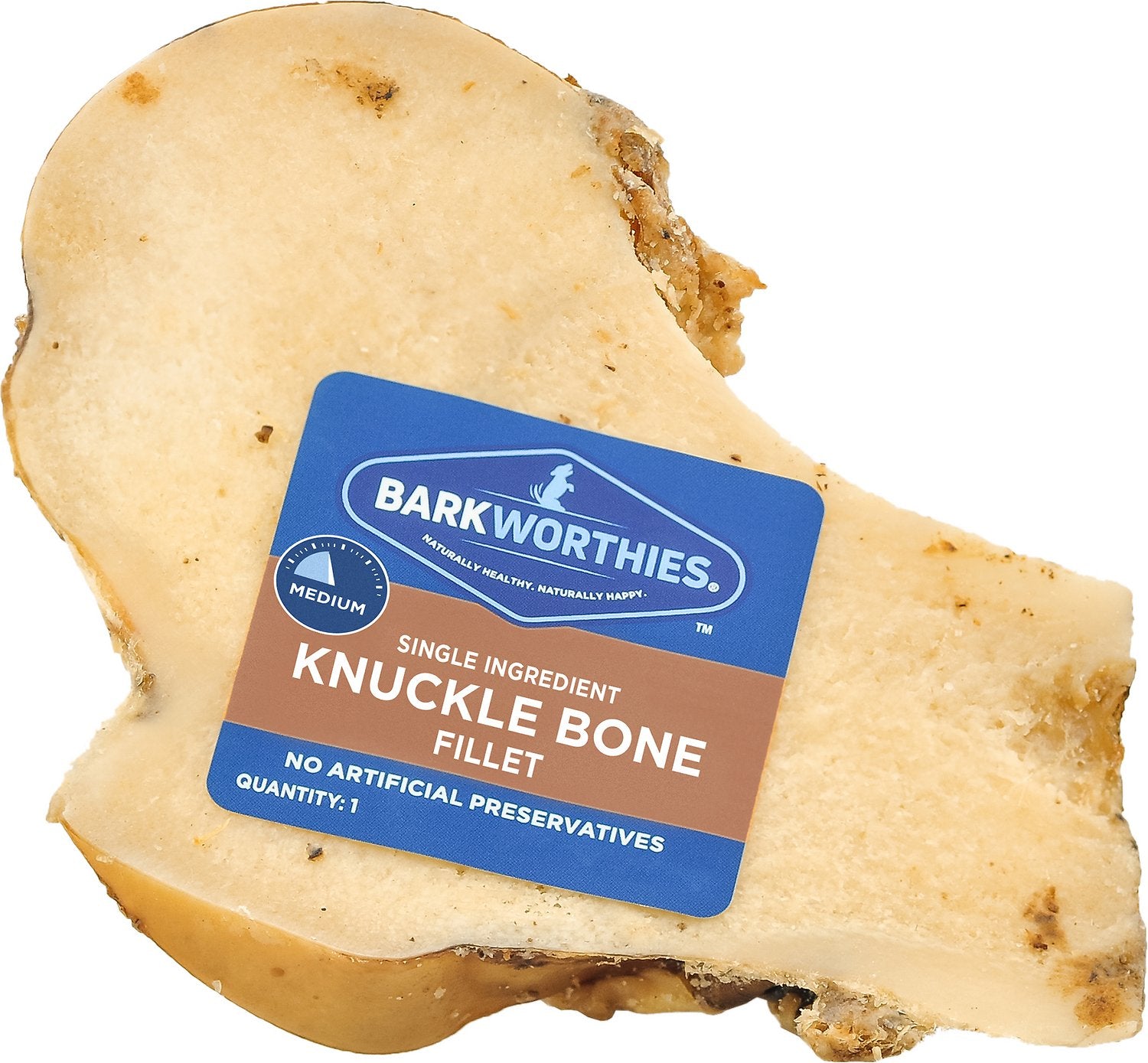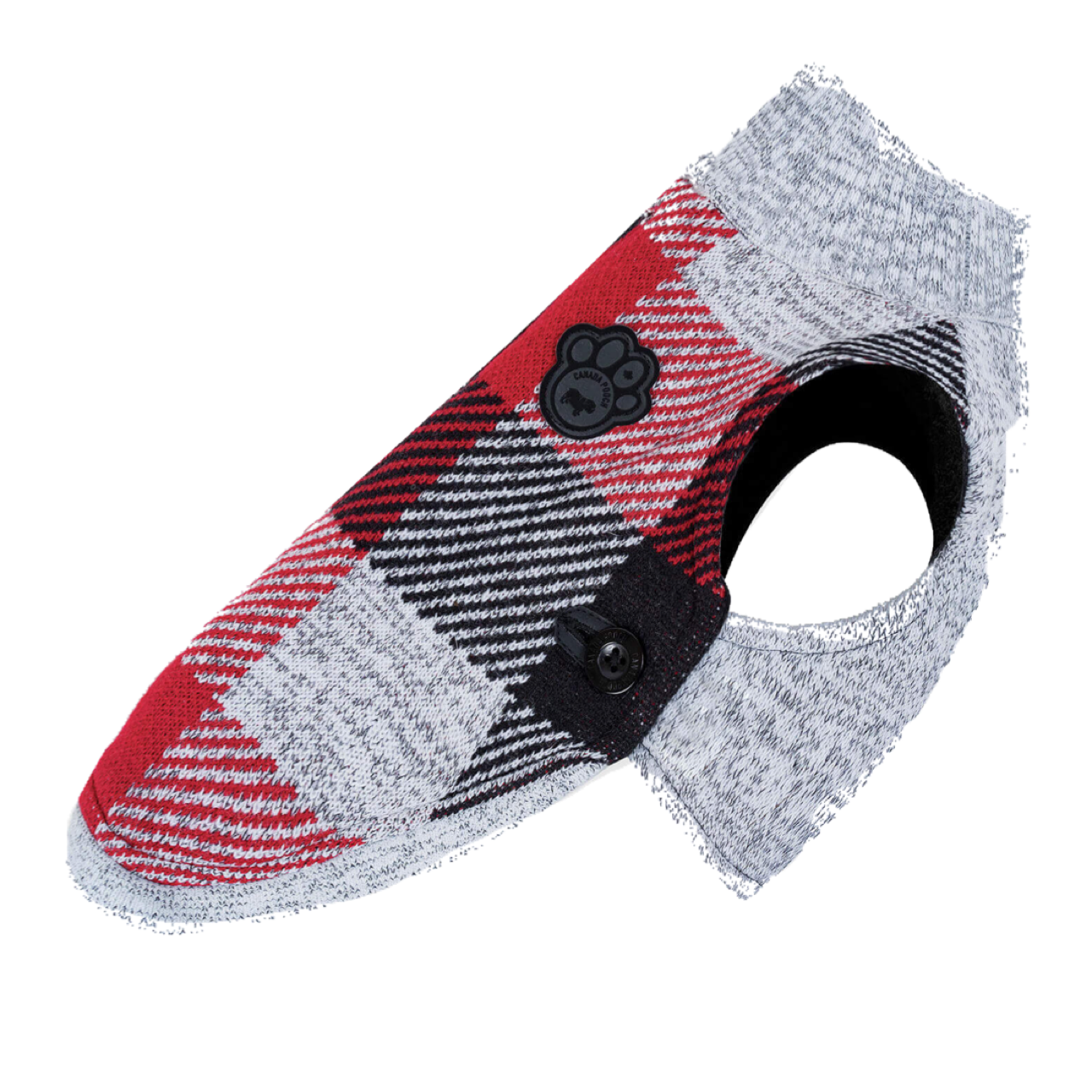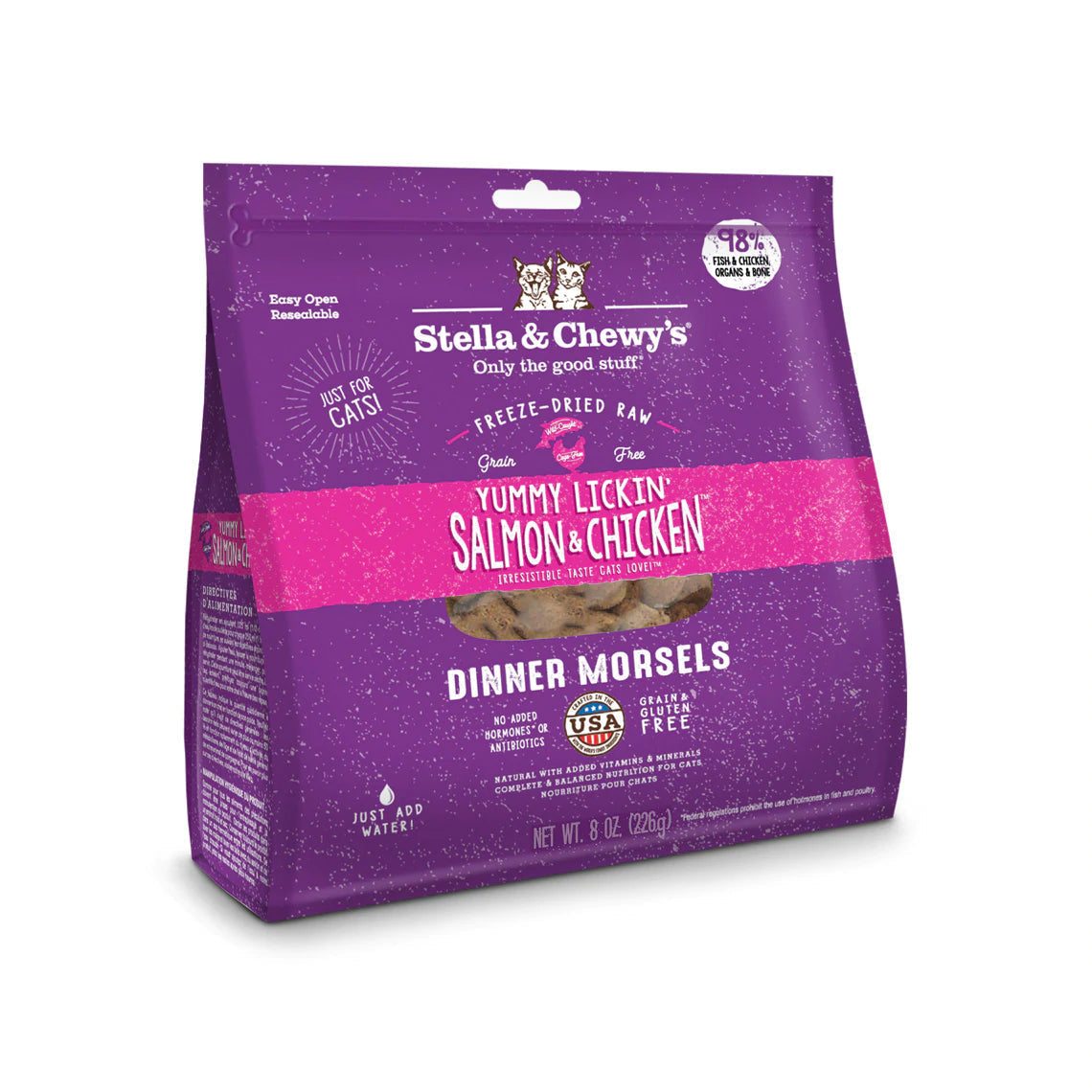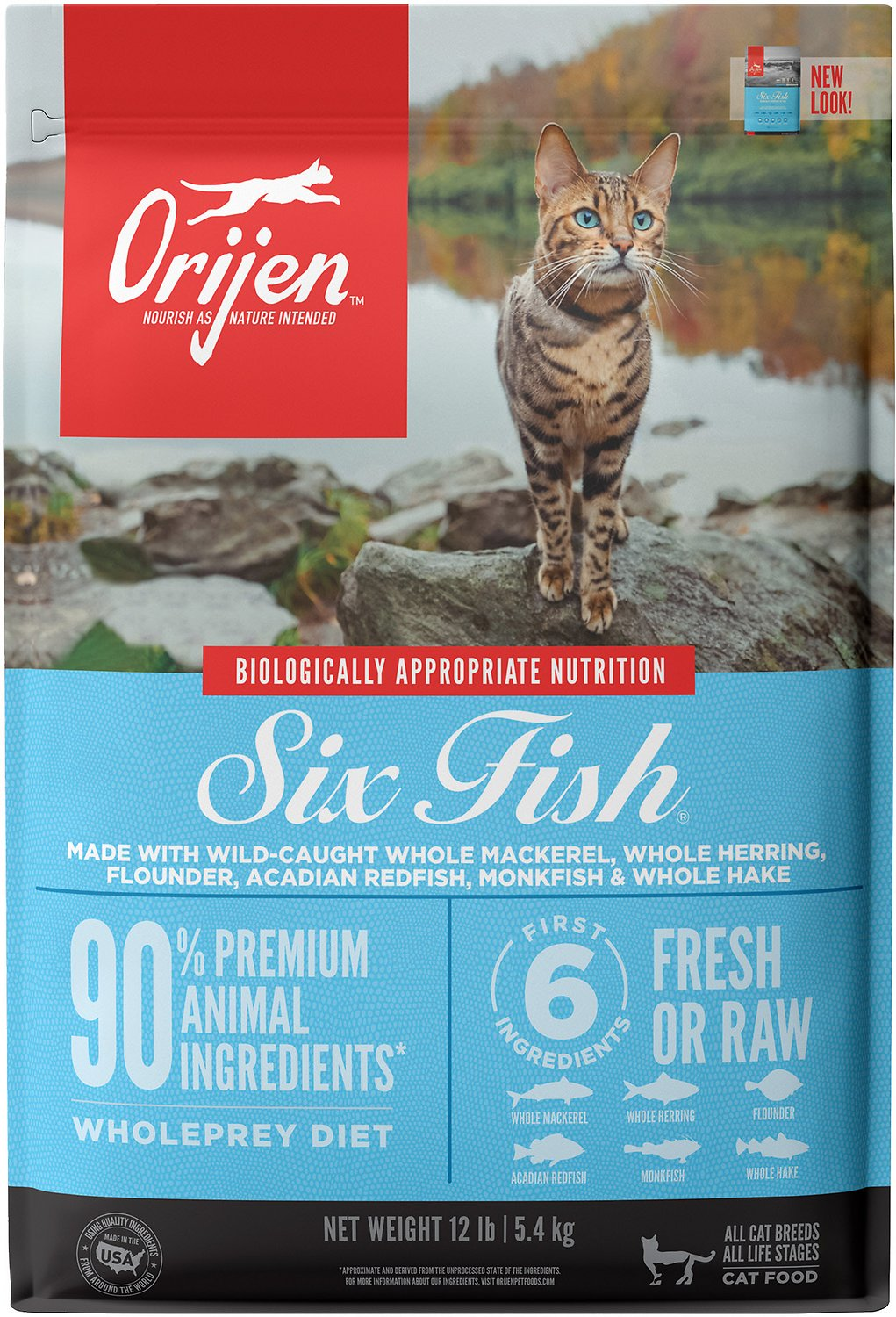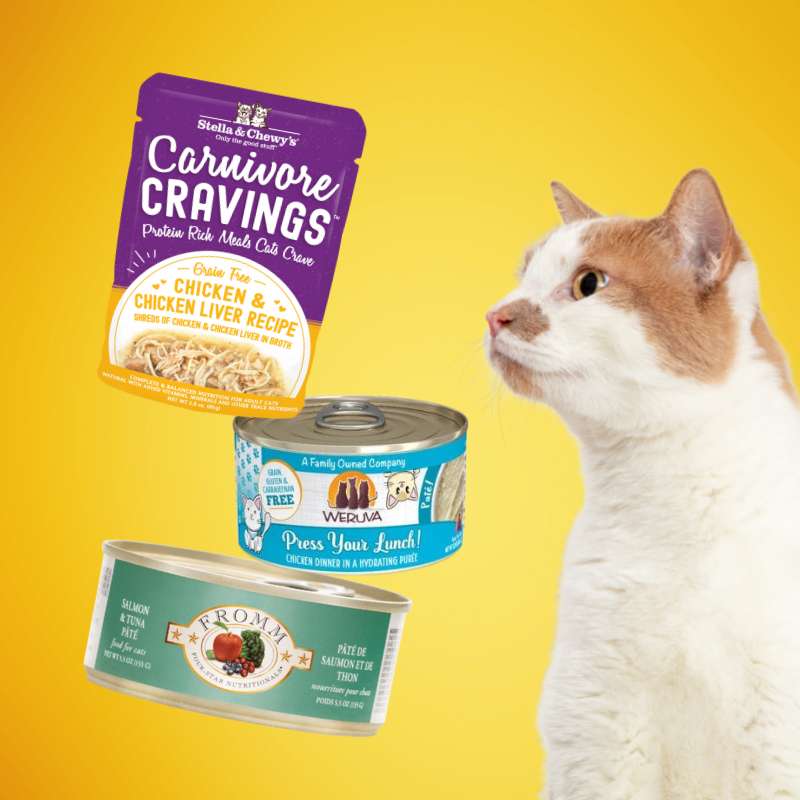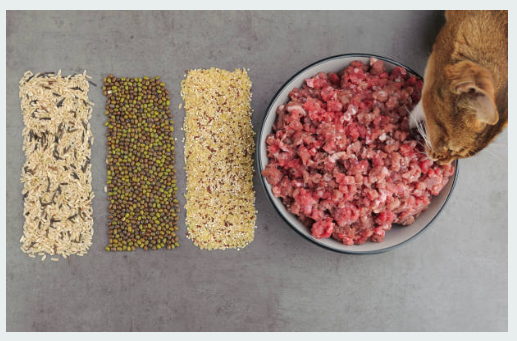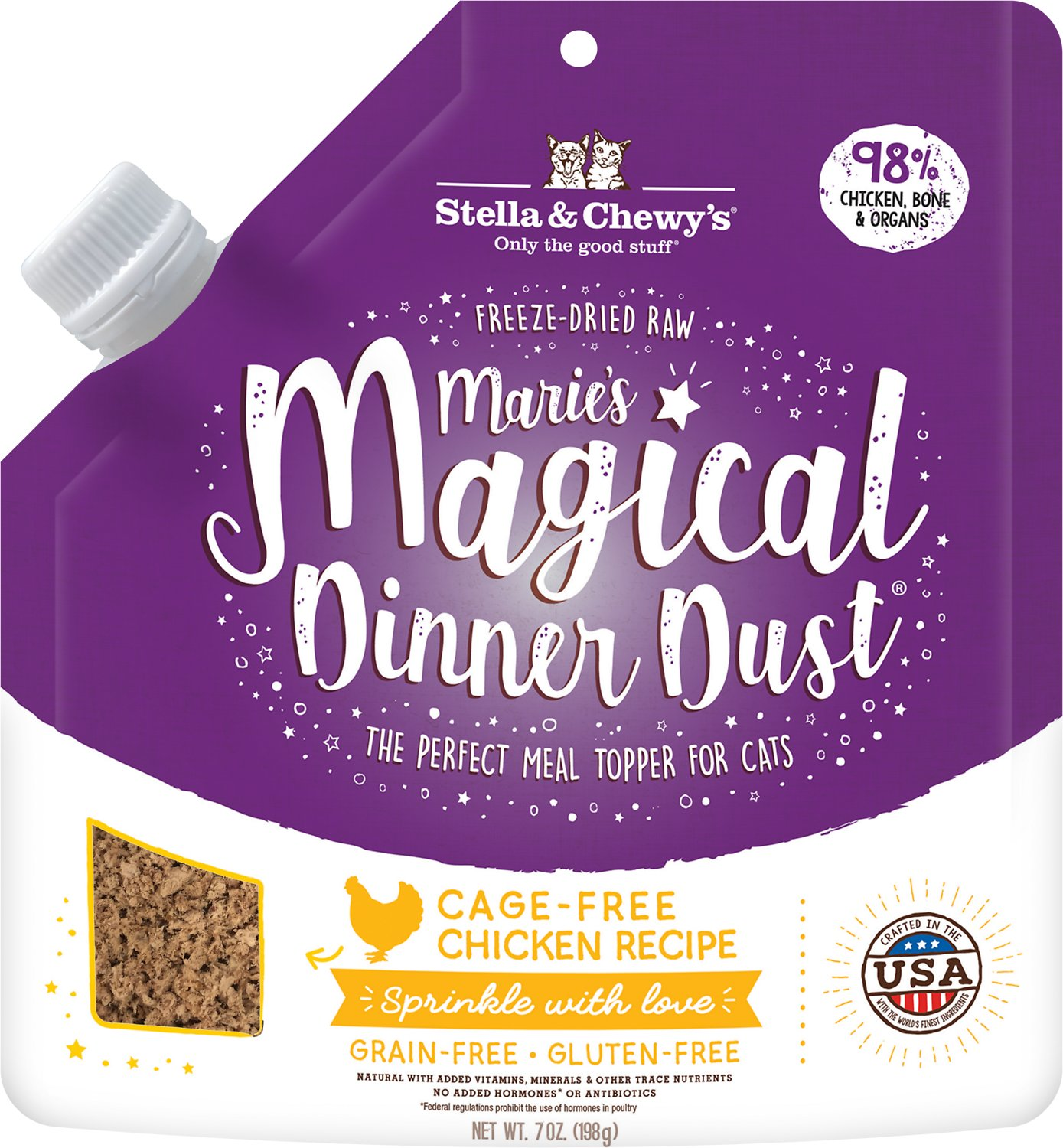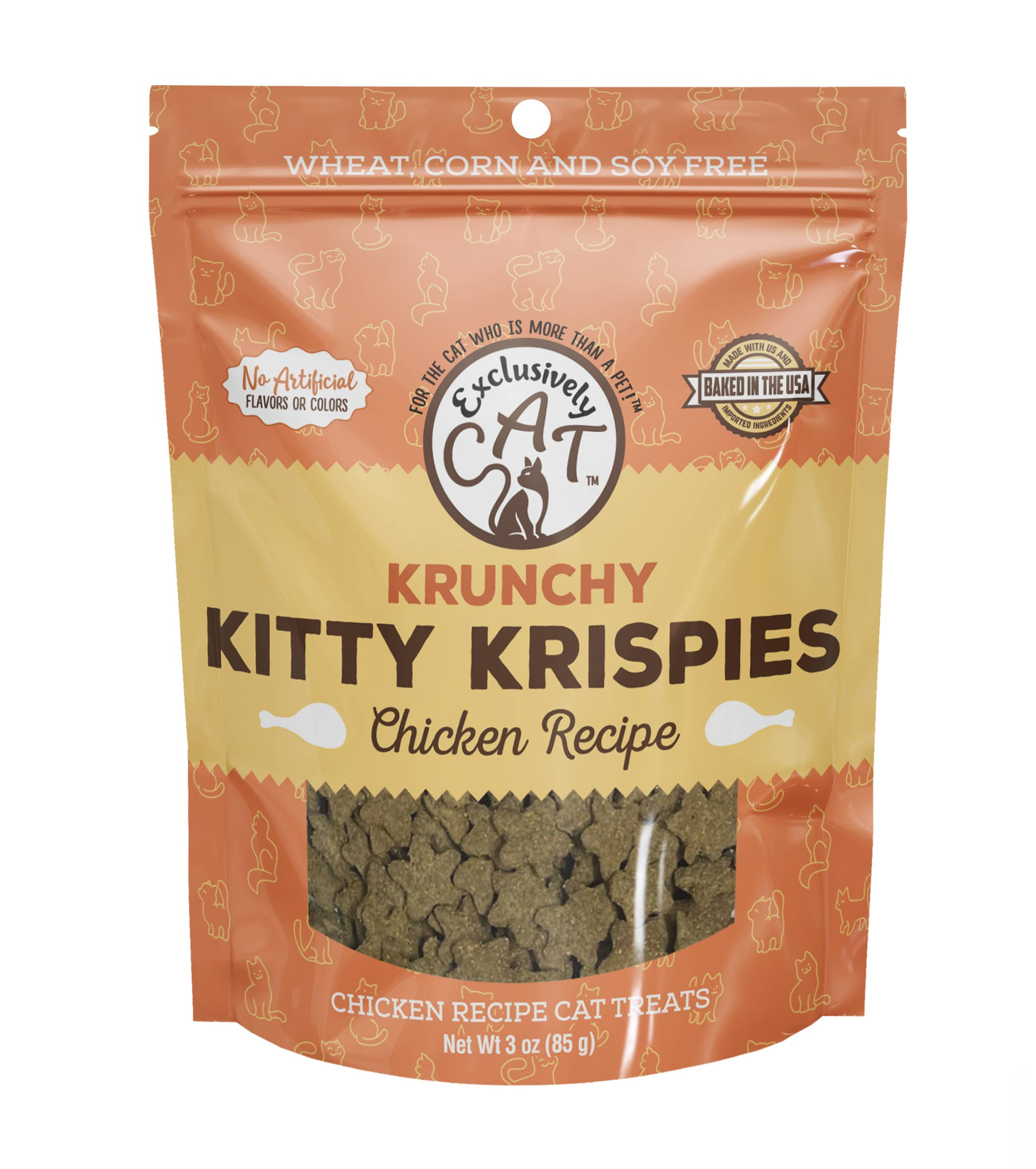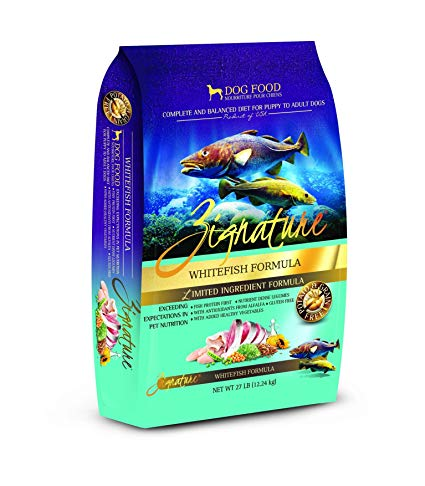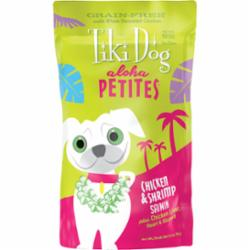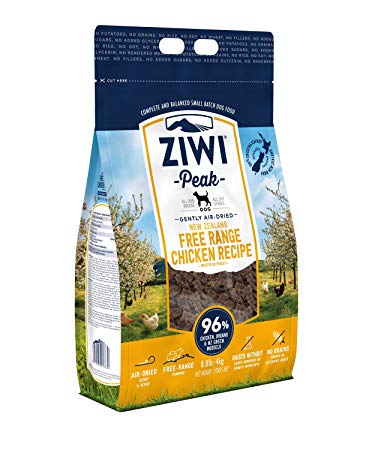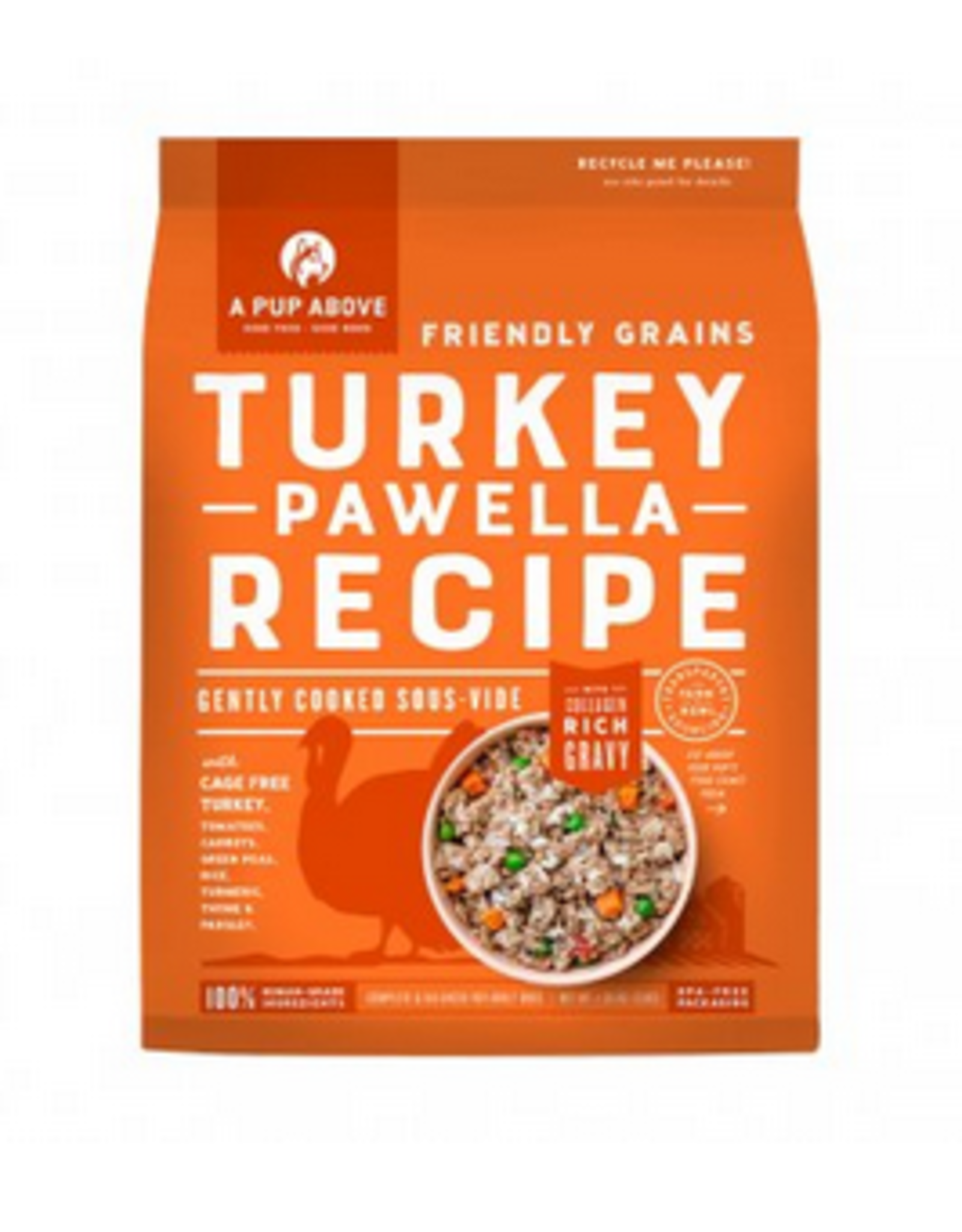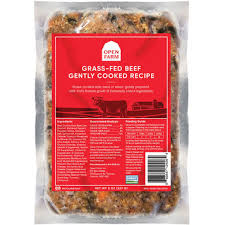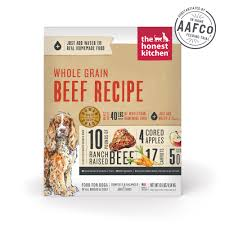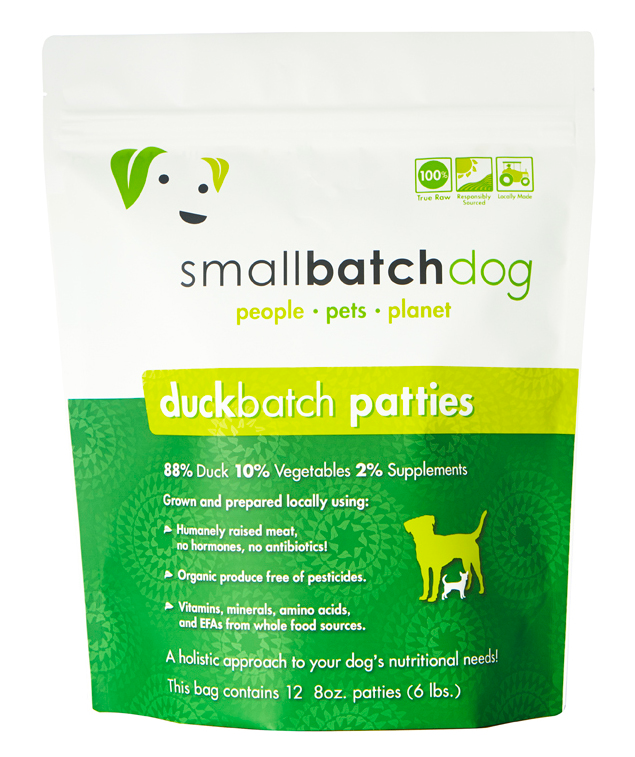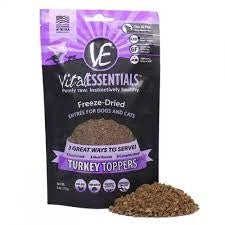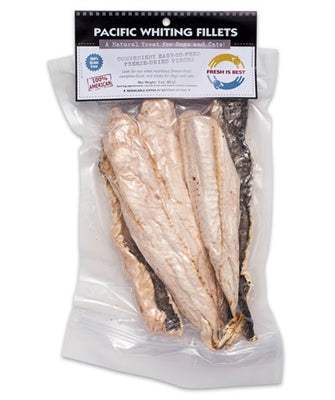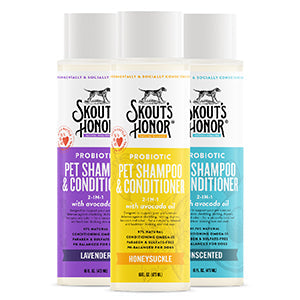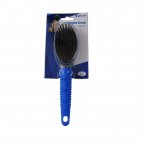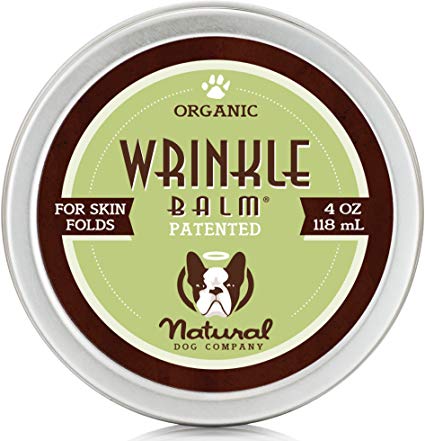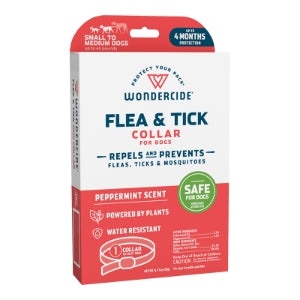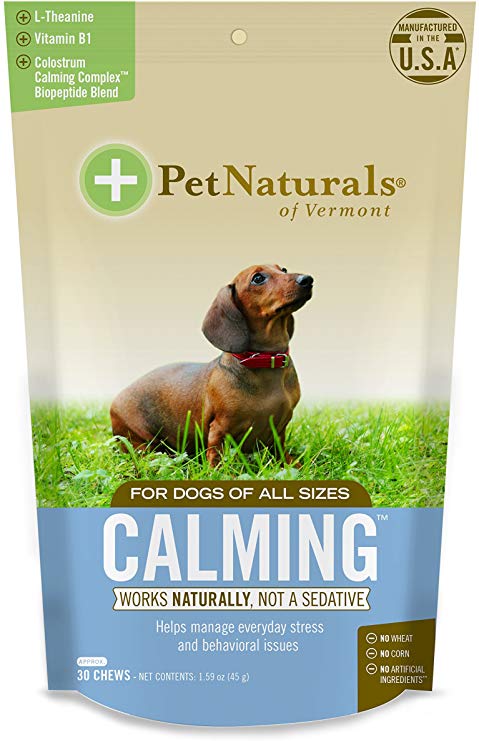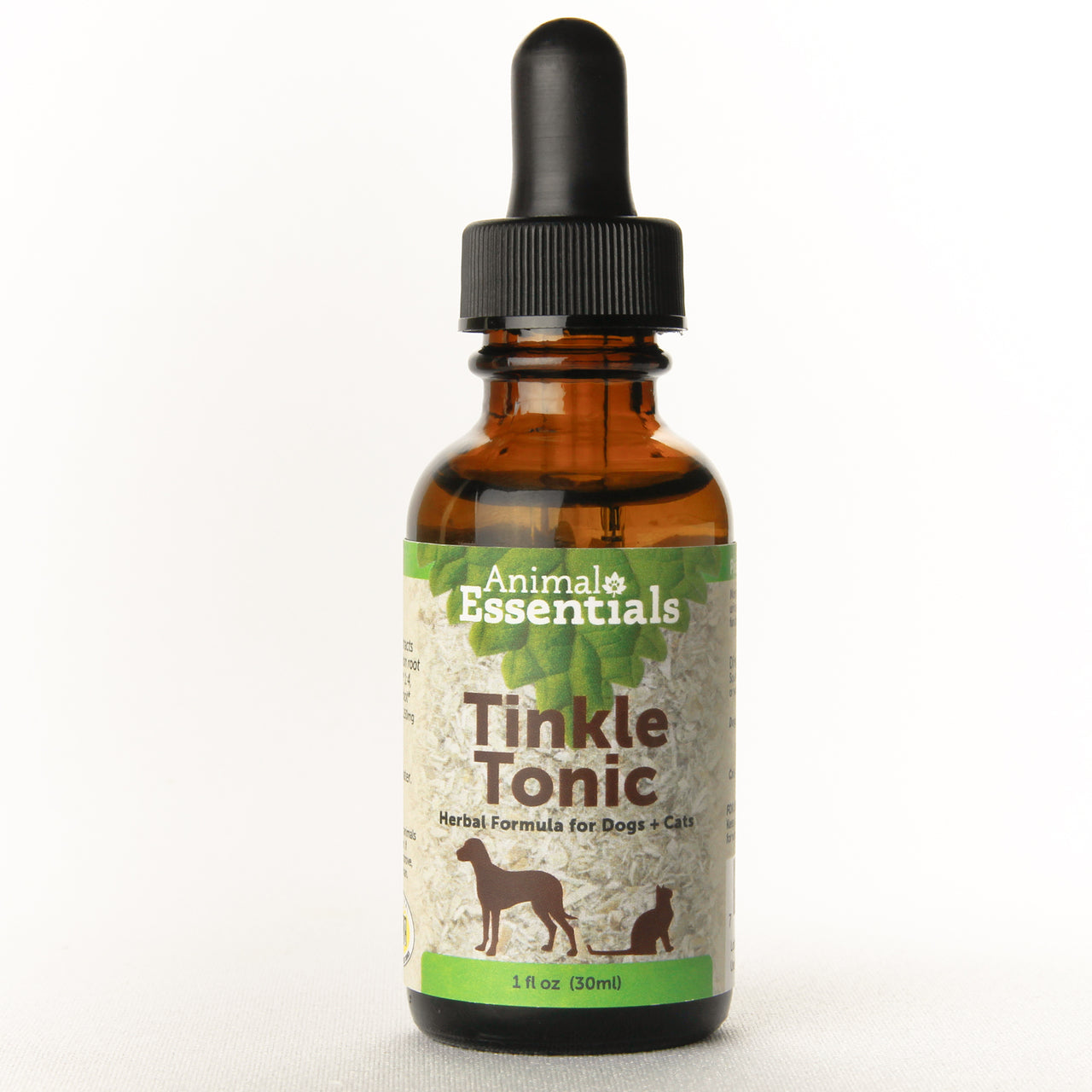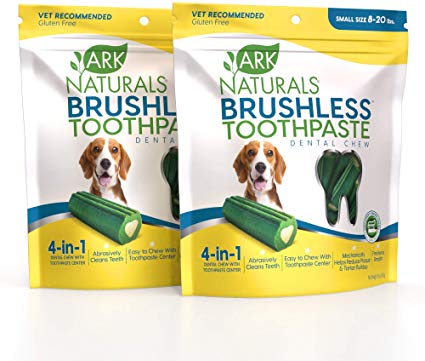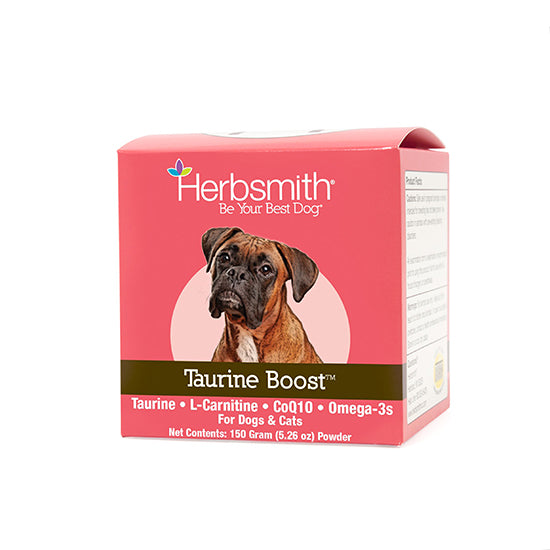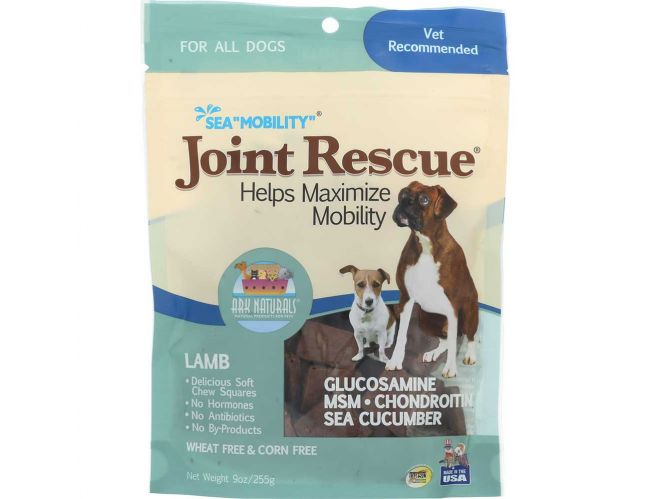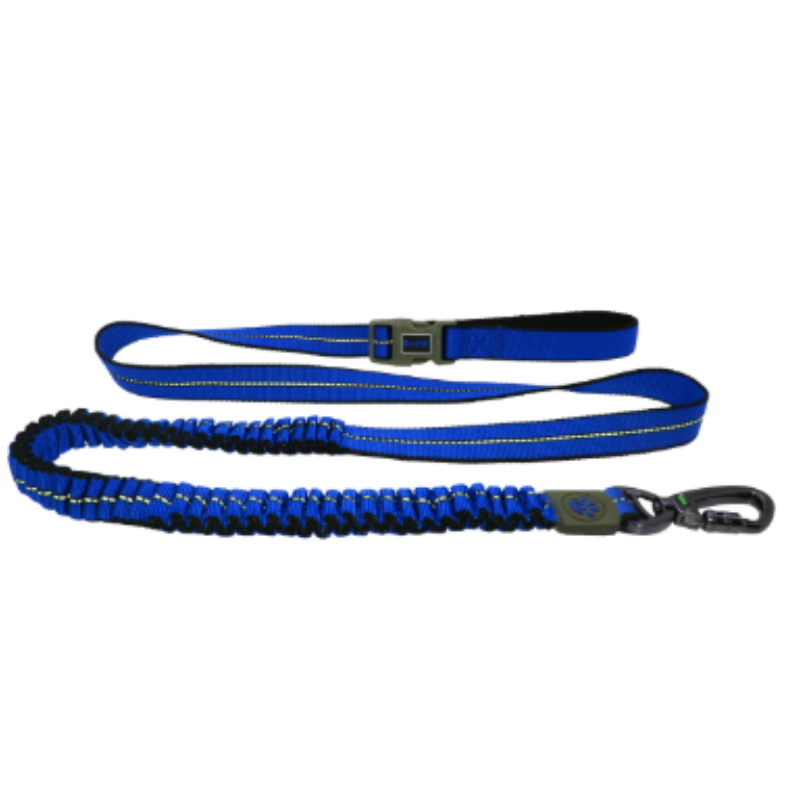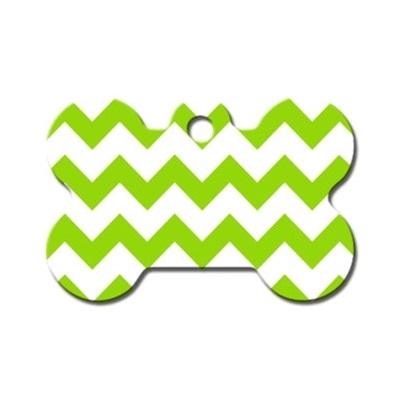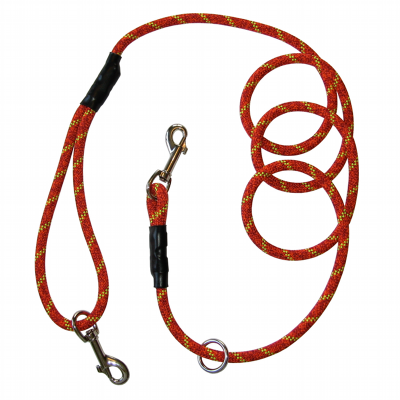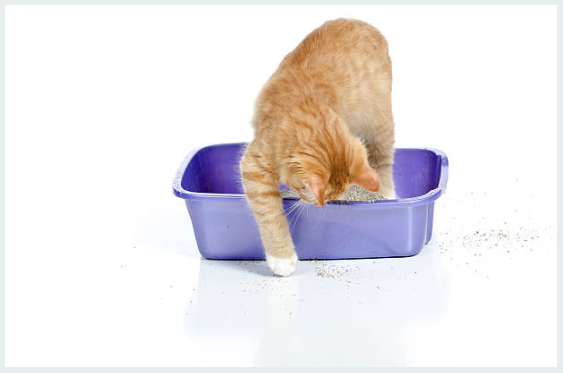When it comes to pets, their health and wellbeing largely depend on their diet. Just like humans, dogs and cats need a balanced intake of vital nutrients to support their growth, energy levels, and overall health. Understanding these essential nutrients will help you make better choices for your pet’s diet. Here’s a deep dive into the essential nutrients every dog and cat requires.
The Importance of Balanced Nutrition
A balanced diet is critical for the longevity and quality of life in pets. Nutritional deficiencies can lead to various health problems, including obesity, dental issues, and even chronic diseases. Therefore, knowing what constitutes a balanced diet for dogs and cats is paramount for every pet owner.
The Key Nutrient Categories
Nutrients are typically categorized into two primary groups: macronutrients and micronutrients.
Macronutrients
Macronutrients are required in larger quantities and include:
- Proteins: Essential for growth, repair, and maintaining body tissues. Proteins also produce hormones and enzymes necessary for bodily functions.
- Fats: Provide a concentrated source of energy and promote a healthy coat and skin. Fats also assist in the absorption of certain vitamins.
- Carbohydrates: Although not essential, carbohydrates are a good source of quick energy. They also provide dietary fiber, which is crucial for digestive health.
Micronutrients
Micronutrients are required in smaller amounts but are equally important. They include:
- Vitamins: Vital for various biochemical functions and maintaining normal cellular functioning. Vitamins such as A, D, E, and B complex play essential roles in your pet’s health.
- Minerals: Essential for bone health, fluid balance, and nerve function. Important minerals include calcium, phosphorus, potassium, and magnesium.
Major Nutrients for Dogs
Proteins
Dogs thrive on high-quality protein sources, which are crucial for muscle development and tissue repair. Protein is broken down into amino acids, some of which are essential and must be obtained from food. Look for protein sources like chicken, beef, turkey, or fish in your dog's diet.
Fats
Fats are not just a source of energy; they also play a vital role in absorbing vitamins and maintaining skin and coat health. Essential fatty acids such as Omega-3 and Omega-6 are particularly important and have been shown to support heart health and reduce inflammation.
Carbohydrates
While dogs are primarily carnivorous, they can benefit from digestible carbohydrates, which provide energy and dietary fiber. Ingredients like brown rice, sweet potatoes, and peas are excellent choices for your dog’s diet.
Vitamins and Minerals
Vitamins and minerals help support various functions, including the immune system and bone health. For instance:
- Vitamin A supports vision and skin health.
- Calcium is essential for strong bones and teeth.
- B vitamins support energy metabolism and overall health.
Major Nutrients for Cats
Proteins
Unlike dogs, cats are obligate carnivores, meaning they require a diet high in animal protein. A protein-rich diet is critical for their overall health. Look for options that include real meat, and ensure they receive all essential amino acids such as taurine.
Fats
Fat is a crucial part of a cat’s diet, providing energy and supporting vital body functions. Like dogs, cats benefit from Omega fatty acids, which play a role in maintaining a glossy coat and healthy skin.
Vitamins and Minerals
Cats require specific vitamins that are vital for their health. For example:
- Vitamin A, found naturally in animal tissues, is crucial for vision and the immune system.
- Niacin (Vitamin B3) is essential for energy metabolism and skin health.
- Calcium and phosphorus work together for healthy bone structure.
Hydration: The Overlooked Nutrient
Many pet owners overlook hydration, but it is an essential component of nutrition. Water is vital for virtually all bodily functions, including digestion, circulation, and temperature regulation. Make sure your pets always have access to fresh, clean water to stay hydrated.
Recognizing Nutritional Deficiencies
Understanding the signs of nutritional deficiencies can help you take timely action. Some common signs include:
- Dry and brittle coat
- Weight loss or obesity
- Behavioral changes
- Digestive issues such as diarrhea or constipation
Consult a Veterinary Professional
If you suspect your pet has a nutritional deficiency, consulting a veterinarian is always the best course of action. They can provide guidance tailored to your pet's individual needs and recommend dietary adjustments or supplements to improve their health.
Tips for Ensuring Balanced Nutrition
To ensure that your pets receive a well-balanced diet, consider these practical tips:
- Read Labels: Always check pet food labels for ingredient quality and nutrient content. Look for protein sources, healthy fats, and essential vitamins/minerals.
- Portion Control: Measure your pet’s food to avoid overfeeding. Follow the feeding guidelines on food packaging.
- Regular Vet Check-ups: Schedule routine veterinary visits to monitor your pet's health and nutritional needs.
- Homemade Meals: If considering homemade meals, consult your vet to ensure you're meeting all of your pet's nutritional needs.
The Road to a Healthy and Happy Pet
Providing your dog or cat with a balanced diet full of essential nutrients is crucial for their wellbeing. By focusing on high-quality proteins, healthy fats, and vital vitamins and minerals, you can ensure that your furry friends live long, healthy, and happy lives. Always remember that every pet is unique, and their nutritional needs may vary. Staying informed and proactive in your pet’s nutrition will pave the way for countless happy moments together!


